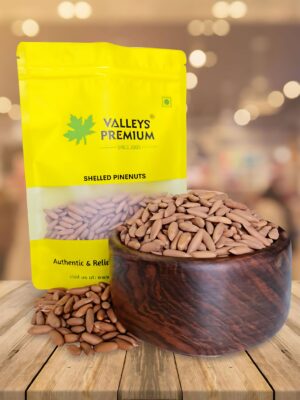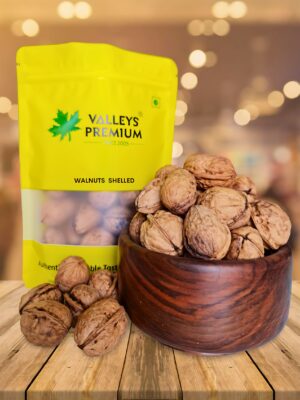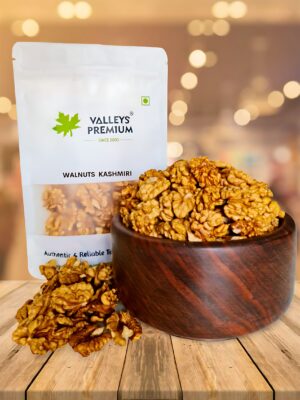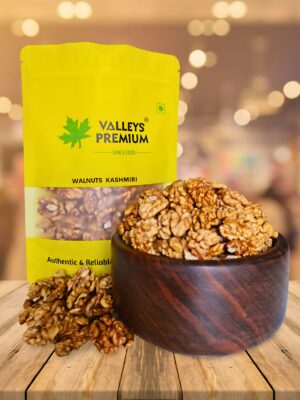Pine cones provide ivory-coloured pine nuts. Their delicate, somewhat sweet taste makes them popular in pesto, baked products, and salads. Monounsaturated and polyunsaturated fats in these nuts cut cholesterol and heart disease risk. These include protein, fibre, magnesium, phosphorus, and potassium. Pine nuts are versatile in cookery. Toasted, they lend crunch and nuttiness to salads and pasta. They may be used to top bread, muffins, tarts and cheesecakes. In pesto, they’re mixed with basil, garlic, and olive oil to make a smooth, tasty spread. Pine nuts are useful for all cooks. They’re versatile and simple to store. Why not add some nuttiness to your next meal? Pine nuts today! Many pine tree species produce edible pine nuts. For millennia, numerous civilizations have eaten these nuts. They are used in many sweet and savoury cuisines, including pesto sauce in Italy.
Pine nuts include monounsaturated and polyunsaturated fats, protein, fibre, vitamins, and minerals. Protein, fibre, and vitamins offer energy and keep you full, while healthy fats cut cholesterol and minimise heart disease risk. Pine nuts are used in many cuisines due to their delicate, somewhat sweet flavour. Bake, roast, toast, or garnish with them. Pine nuts give great crunch to many foods when roasted. Pine nuts are pricey since they’re hard to harvest. Pine tree cones are hand-harvested for nuts. Pine nuts are a specialist ingredient, but their flavour and health advantages are worth it. Pine nuts are healthy and versatile. Pine nuts are fantastic for making pesto sauce or adding crunch to salads.















Reviews
There are no reviews yet.